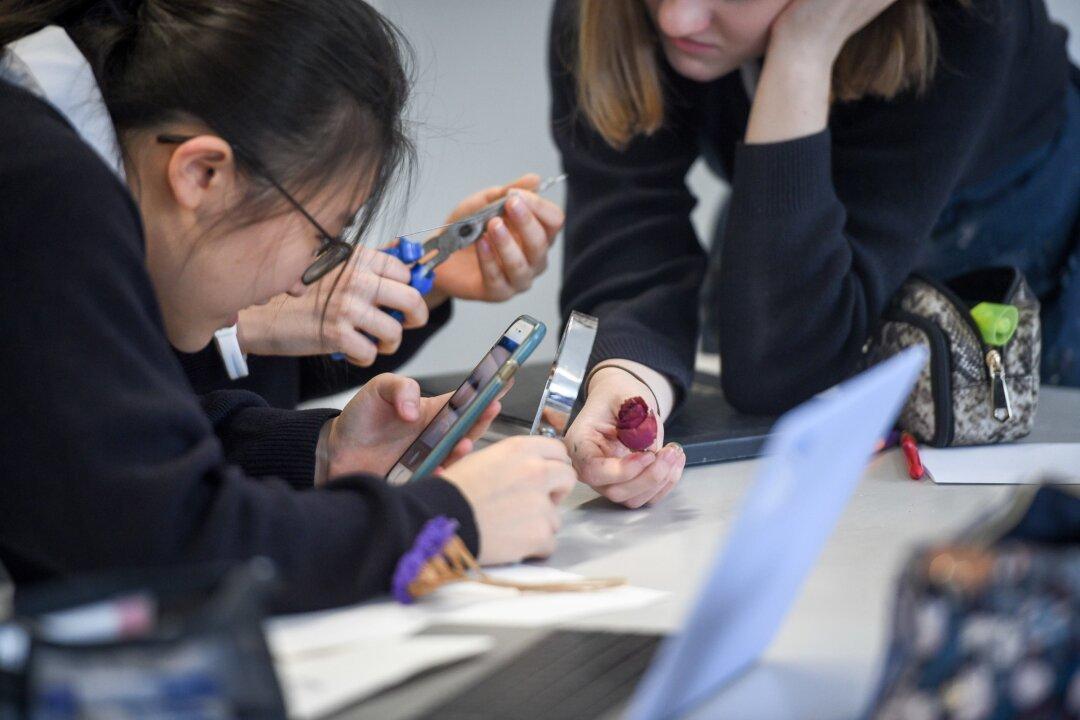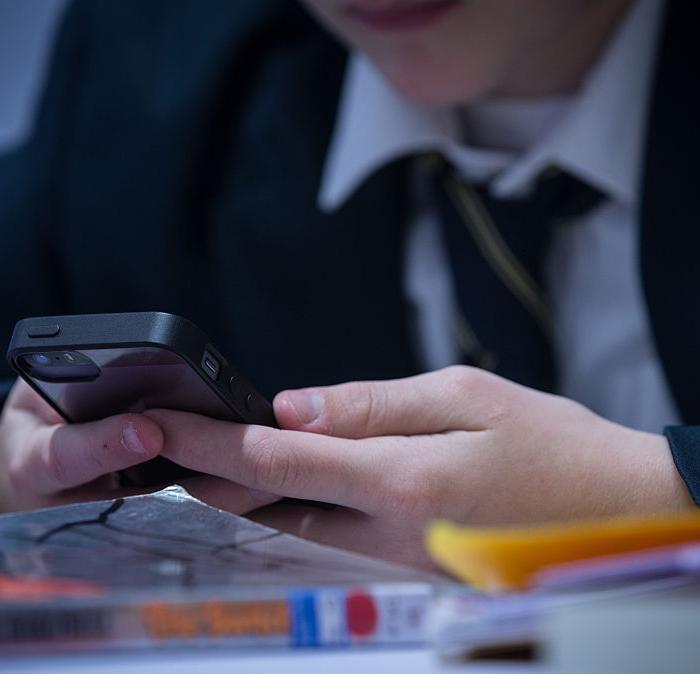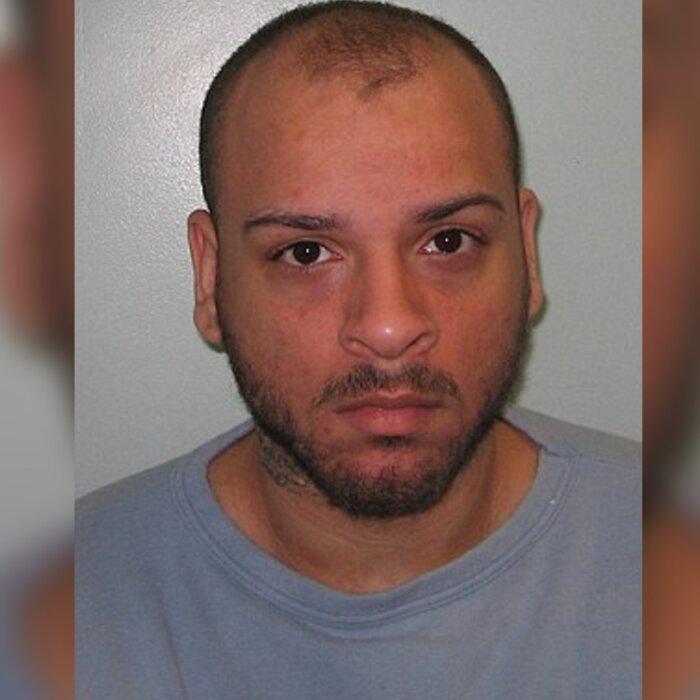Over 70 percent of secondary school teachers in Scotland say mobile phones are worsening the behaviour of pupils, according to a survey of almost 1,500 professionals.
The survey took place in February and received responses from 1,451 SSTA members.
The SSTA survey found 71 percent of respondents believed mobile phones were having a poor impact on pupil behaviour.
Mobile Phones ‘Taking Over Their Lives’
Seamus Searson, SSTA general secretary, said, “Mobile phones are preventing teachers from teaching and creating problems for pupils that are on a scale many teachers and parents cannot imagine.”He said, “The mobile phone is the most important possession to pupils and is taking over their lives and their futures.”
Mr. Searson called for a “concerted effort” from the Scottish Government, local authorities, schools, and parents to “redress the balance of what is acceptable mobile phone use and its place in a young person’s life.”
- 90 percent of teachers were concerned about texting during lessons.
- 80 percent had noticed pupils taking photographs during lessons.
- 60 percent were concerned about social media bullying.
- 46 percent had observed pupils answering phone calls during lessons.
- 41 percent knew of cases where pupils viewed “inappropriate content.”

The inquest heard teachers at the Jewish Free School in north London had no idea she was being bullied and had not noticed any incidents.
Last month the British government issued guidance to schools in England but stopped short of a complete ban on phones in schools.
One of Brianna’s killers, Scarlet Jenkinson, had downloaded an app at the age of 14 in order to access the so-called dark web and watch torture and snuff videos in “red rooms.”
James Cowans, SSTA education convenor, said, “Schools are struggling to implement successful mobile phone policies.”
“There are several issues with implementing a policy such as inconsistency, legality, pupils conforming, no consequences, support from local authorities that need to be resolved,” he added.
The independent boarding school Gordonstoun has limited the use of mobile phones since 2017.
Since last year it has forbidden students to have them in class and ordered them to hand them over to staff overnight.

Cyber Bullying ‘Fallen Off a Cliff’ Since Boarding School Ban
The principal of Gordonstoun, Lisa Kerr, said they had noticed a massive change in behaviour.She said: “Every school has handled incidents of cyber bullying, but this has completely fallen off a cliff at Gordonstoun. Academic focus is much better and over the past five years, we’ve seen a marked improvement in our academic results, which is partially attributable to our mobile phone policy.”
Ms. Kerr said the SSTA survey’s findings were “extremely concerning” and described them as a “wake-up call.”
A Scottish Government spokesperson said, “While the Scottish Government does not have the power to unilaterally ban mobile phones in schools, we will soon bring forward refreshed guidance on their use.”
“As a starting point for this guidance, head teachers should be empowered to take any action they deem necessary, including the restriction of their use,” they added.







